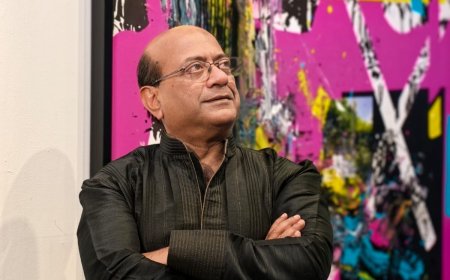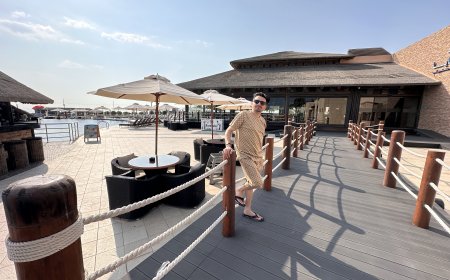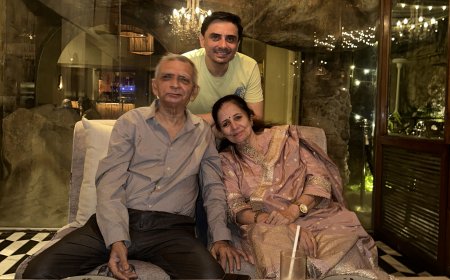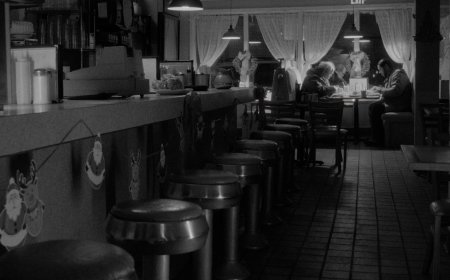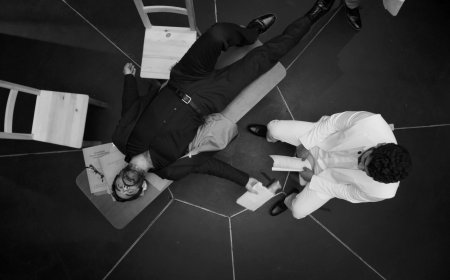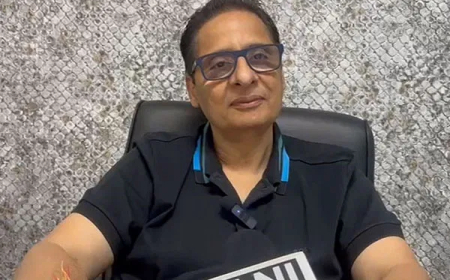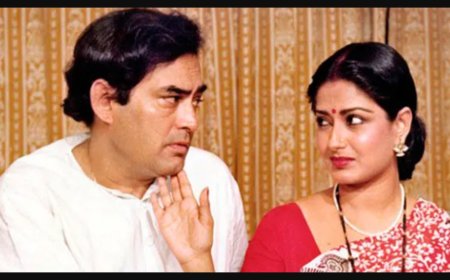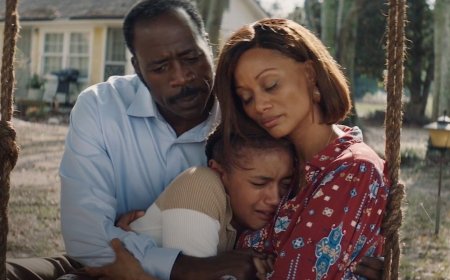A Review of ‘Speak Sunlight’: A modest portrayal of revisiting history to repair damaged relationships
A Parisian youth goes on a trip with his nanny and her husband to their native Spain, learning about the couple’s troubled histories.

‘Speak Sunlight’: A modest portrayal of revisiting history to repair damaged relationships
Cast: Matteo Artunedo, Carmen Machi, Karra Elejalde, Alicia Lobo, Gabriel Ignacio, Laura Gonzalez, Alberto Rocha, Javier Perdiguero, Mia Pedregosa, Louise Ipeau, Sonsoles Benedicto, Chloe Marculeta, Raquel Barrena, Kandido Uranga, Iolanda Rubio, Maria Soledad Osorio, Ahikar Azcona, Ana Oca, Sara Sanz
Critic’s Rating: 3 Stars out of 5
Director: Carol Polakoff
Duration: 1 hour, 34 minutes
Genre: Drama
Language: Spanish (with English subtitles), French (with English subtitles), English
Release: 2023
What’s it about?
A Parisian youth goes on a trip with his nanny and her husband to their native Spain, learning about the couple’s troubled histories.
Review:
In its endeavour to create a sentimental drama with emotionally-burdened characters who seek redemtption by returning to their roots, this film is only a partial triumph. What is somewhat frustrating is that Speak Sunshine is steeped in credible production design and cultural detail of Spain in the mid-1960s, but this is not adequately matched by character development and the accompanying drama of inter-relationships. Sumptuous and picturesque cinematography and some sincerity to the performances keep this celluloid outing buoyant. However, the striving for reparations in the face of possible mortality doesn’t make for too original a premise. Yet, with turbulent history and life-altering politics thrown in, this movie has a moderate amount of gravitas to offer.

In exile from Spain, domestic help Maruja (Carmen Machi) and her husband Manolo (Karra Elejalde) have been running a wealthy household in Paris. The former who was instrumental in raising the young master Alan (Matteo Artunedo), has been struck by a serious illness. But rather than heeding the family physician’s (Gabriel Ignacio) suggestion to undergo treatment, she requests the lady of the house (Laura Gonzalez) to allow her and the hubby to take the teenaged Alan to Spain for a holiday. This, so that she may introduce the lad to the life she had left behind decades earlier. With permission from Alan’s mother, the trio board a train for Manolo’s hometown of Pamplona.

While reconnecting with old fellow-residents of this vibrant town, we learn (partly through Alan’s curious eyes and ears) that the couple were once part of an eventful history. While Manolo was a persecuted rebel against General Franco’s fascist regime, Maruja had lured him away from a romantic relationship with Beatriz (Iolanda Rubio). We also meet the boisterous Jose Ramon (Ahikar Acona) whose ill-fated father was once partners-in-crime with Manolo, and Maruja’s resentful and bitter mother-in-law Signora Castro (Sonsoles Benedicto), as well as an old priest friend (Kandido Uranga). While Maruja and Manolo delight in reacquainting themselves with Pamplona’s peculiar customs, cuisine and traditions, they feel racked with guilt over abandoning their town and country for greener pastures. Maruja also feels compelled to visit her estranged sister Ronalda (Sara Sanz) at their native village. Against Manolo’s protestations, Maruja makes the trip with Alan in an attempt to right the wrongs she had inflicted on her sibling and their mother.

The relationship between Alan and his surrogate parents in Maruja and Manolo is well fleshed out by way of the former’s maternal protectiveness and the latter’s sharing of life lessons. But the rapport between the couple and their own relatives and former friends lacks substance - with their reunions being awkward, abrupt and short on plausible drama. Forgiveness and reconciliation is eagerly sought after, but the quest and modus operandi for such is not altogether compelling. Moreover, Alan who feels lost in the ongoing animosity and tension, attempts to win the affections of a girl his age - in what turns out to be an ungainly non-starter.

Scoring high for this movie is the dialogue between most of the cast, which exudes poignancy, irony, charm and humour. This is especially evident when Maruja and Ronalda reminisce about their mother saying that “unshed tears turn into acid” and “there are no flowers without sh*t”; and also when Maruja explains to Alan why “every good Spanish girl must develop her screaming voice”. Plus, the film makes a sincere attempt at drawing on the zeitgeist of the times by touching on Beatlemania and the conflict between Spain’s ongoing dictatorship and its opponents. Most of the characters’ back stories are revealed in conversations, which is sometimes interesting and at other times, repetitive and predictable. There is however, a fairly profound scene with Maruja in a confessional, a visceral Running of the Bulls sequence, and a symbolic gesture of validating union. While not entirely succeeding at leading the audience into the hearts and minds of its leads, this film does transport viewers to a detailed universe befitting the time in which it is set. In the process, director and co-writer Carol Polakoff throws quite some Sunlight on those who dare to Speak the truth.








